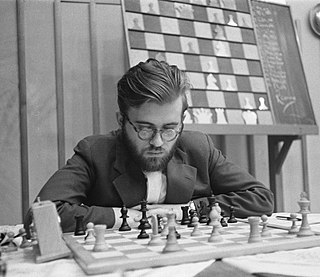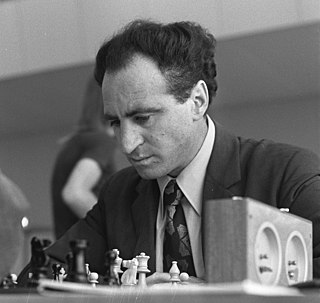A Quote by Mark Dvoretsky
It is hardly useful if you trustingly play through variation after variation from a book. It is a great deal more useful and more interesting if you take part actively in the analysis, find something yourself, and try to refute some of the author's conclusions.
Related Quotes
Play the open variation of the Ruy is my advice to all ordinary club players, and I recently even wrote a book about it, seen from Black's point of view. Why does everybody try to copy the grandmasters' strange positional maneuvers in the 5. ... B-K2 variation, instead of fighting for the in intiative?
People are storytelling creatures. We like stories that go somewhere, and therefore we like trends - because trends are things that either get better or get worse, so we can either rejoice or lament. But we mistakenly depict many things as trends moving in some direction. We take the "full house" of variation in a system and try to represent it as a single number, when in fact what we should be doing is studying the variation as it expands and contracts. If you look at the history of the variation in all its complexity, then you see there's no trend.
When nobody read, dyslexia wasn't a problem. When most people had to hunt, a minor genetic variation in your ability to focus attention was hardly a problem, and may even have been an advantage. When most people have to make it through high school, the same variation can become a genuinely life-altering disease.
I have called this principle, by which each slight variation, if useful, is preserved, by the term Natural Selection, in order to mark its relation to man's power of selection. But the expression often used by Mr. Herbert Spencer of the Survival of the Fittest is more accurate, and is sometimes equally convenient.
I am aware that the conclusions arrived at in this work will be denounced by some as highly irreligious; but he who denounces them is bound to show why it is more irreligious to explain the origin of man as a distinct species by descent from some lower from, through the laws of variation and natural selection, than to explain the birth of the individual through the laws of ordinary reproduction. The birth both of the species and of the individual are equally parts of that grand sequence of events, which our minds refuse to accept as the result of blind chance.
































